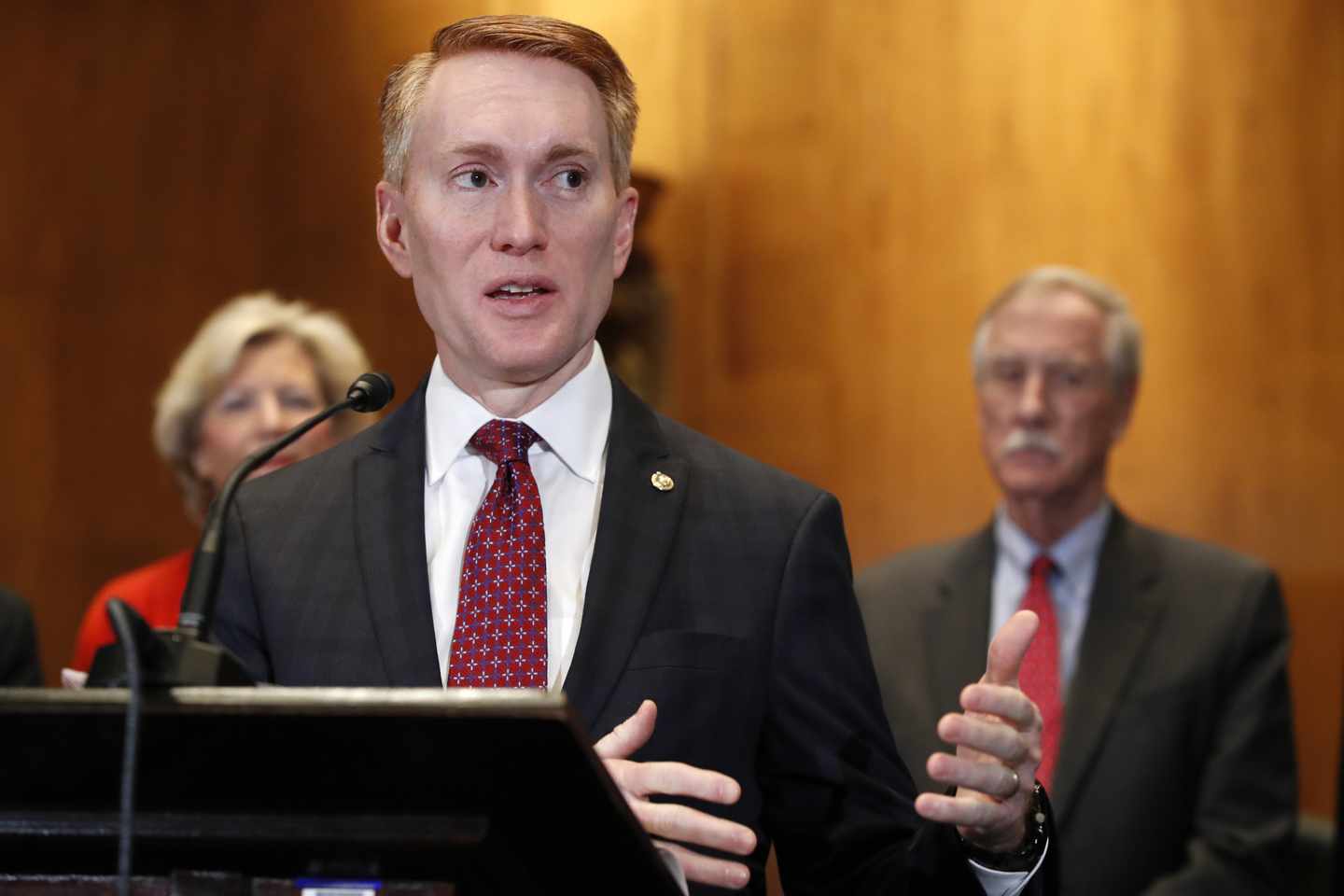America's Democracy Is at Stake. Why Aren't We Acting?
November 23, 2019#election2020 #China #NorthKorea #iran #Russia #electionsecurity

The United States is under attack. Every intelligence and national security agency and official agrees that foreign adversaries such as China, Iran, North Korea, and Russia continue to try and infiltrate our electoral processes.
Foreign actors have hacked our election systems, disseminated propaganda online to influence voters, funneled money into our elections through opaque groups and hired unregistered lobbyists to work on their behalf.
As one example, Russian-affiliated hackers attempted to access election systems in all 50 states during the 2016 election cycle. Since 2018, Twitter has removed at least 14,000 accounts that were tied to foreign influence operations by Venezuela, Russia, Iran and others. Almost every week, we learn of new attempts to directly undermine our democracy.
These attacks are an affront to our nation’s security posture. As of today, they have yet to be properly dealt with because Washington remains divided. That’s unacceptable, and everyone outside of Congress and the White House agrees. Even the largest social media platforms, such as Facebook, which continue to be the primary pipeline that foreigners use to attack our political system, have admitted that they do not have all the tools to make foreign actors stop. Our government must take action as well.
An October report from Security magazine summed it up well: “While cybersecurity vulnerabilities dominate news cycles, government intervention at the federal level is minimal.”
Congress has passed piecemeal legislation in an attempt to stop these types of cyberattacks, but there are still severe gaps that need to be filled. As with all national issues facing our country, no one piece of legislation is enough to solve complex problems today.
We need to support our states and counties with funding so they can adequately address election vulnerabilities. Local election officials need to meet minimum cybersecurity standards such as those set by the National Institute of Standards and Technology Cybersecurity Framework or the Federal Risk and Authorization Management Program.
Adversaries will be put on notice that the world’s most powerful and oldest democracy will not hesitate to step in with all its resources to keep elections free, fair and open. As of now, Congress has been timid, which simply encourages the bad actors of the world.
There are, however, a group of bills that have been recently introduced in an attempt to strengthen our country’s cybersecurity armor. And the promising news? They have bipartisan support.
For instance, Sens. James Lankford (R-Okla.) and Amy Klobuchar (D-Minn.) have championed the Secure Elections Act, which aims to strengthen our voting systems while simultaneously clarifying each individual state’s role in administering our federal elections. They understand that every state has its own election infrastructure and that local election officials know best how to modernize those systems.
Another, the Defending Elections from Threats by Establishing Redlines (DETER) Act, has been proposed by Klobuchar and Sen. Marco Rubio (R-Fla.). The DETER Act would impose sanctions on foreign countries that interfere in our elections. To be most effective, we need our democratic allies, especially those in Europe, to join so that sanctions are a powerful deterrent.
The Honest Ads Act, another proposed bill that was re-introduced by Klobuchar and fellow Sens. Mark Warner (D-Va.) and Lindsey Graham (R-S.C.), would subject online political ads to rules modeled on those in place for both television and radio in an attempt to safeguard U.S. politics from foreign disinformation campaigns.
While more bills continue to be introduced, these represent a strong first step toward ensuring that foreign adversaries will no longer attempt to influence the elections that represent the very heart of our democracy — what makes the United States a beacon of light for oppressed citizens around the world.
However, while our elections are the hot-button target that the news cycle has been focusing on, cybersecurity failures are crippling more than our voting boxes — they are hurting the underlying infrastructure of our economy, too.
Atlanta and Baltimore’s online operations this year came to a complete stop when an aggressive strain of ransomware infiltrated those cities’ digital infrastructure.
Members of Congress have recognized this pervasive issue, telling reporters that there’s “an urgency and immediacy” to the problem, but falling back on the notion that there’s “only so much the federal government can do.”
This is not an attitude that is comforting to the public, particularly when our country’s national security is at stake. We need a bold, comprehensive plan that both parties can get behind in order to protect our country’s citizens, companies, governments, and most importantly, our democracy. In short, our leaders need to lead.
Millions of Americans saw disinformation during the 2016 election that was produced by Russian agents. China hacked into the Federal Election Commission, crashing the databases that track how money is both raised and spent during our elections. Iran impersonated candidates for federal office in 2018.
We face a national security emergency. Our greatest institutions are under siege. We must overcome partisan politics and work together to protect the nation, and the integrity of our elections.
As in our past, history will judge the leaders who rise above the current political quagmire to defend, honor and protect America for all of us today and for future generations.
This is a chance for our nation’s leaders to take up the mantle, and history will remember those who seize that opportunity.
Source: https://www.realclearpolitics.com/

